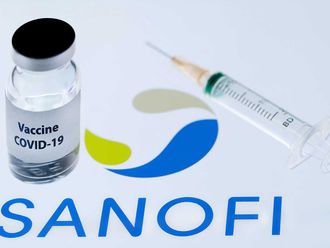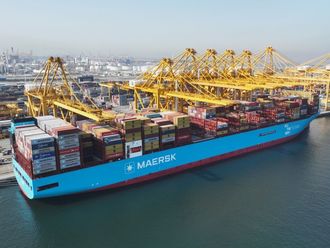
Dubai: UAE and Saudi indices, which are in a bear market currently, offer attractive opportunities at current levels, and may witness 12-33 per cent jump in these indices, a Mubasher official said on Tuesday.
The brokerage is currently overweight on the Dubai index and expects a 33 per cent rise from current levels of 3,800. The Abu Dhabi Securities Exchange General Index is also expected to rise 12 per cent while Saudi Arabia’s Tadawul may also jump by a fifth.
“The valuations have come to a more sensible levels in UAE and Saudi Arabia. The supply overhang of stocks that we saw as a result of margin calls, this would reduce excessive supplies in terms of selling so there will be less forced sellers,” Amr Hussain Al Alfy, Mubasher Trade managing director said on Tuesday.
The UAE is the second-most diversified economy within the GCC and its non-oil sectors is expected to drive growth in the coming years. The country enjoys a high fiscal surplus although it might drop in 2015 owing to lower oil prices.
Saudi Arabia, which derives about 90 per cent of its revenues from crude oil, is expected to open its equity markets for foreigners in April this year. This may trigger an upgrade to emerging market status in a couple of years, Al Alfy said.
Mubasher is overweight on industrials, financials and telecom stocks in the UAE.
In the UAE, the sector enjoys several advantages, namely the country’s goal to diversify the economy through focusing on industrial expansions, easy commercial procedures, vast and underutilised oil and gas reserves, the Dubai Expo 2020 with its potential to boost the transportation sector coupled with investments in renewable energy technologies, most notably through the Masdar initiative, and above all the zero tax regime that corporates enjoy in the UAE, Mubasher said in its Mena markets outlook report. The brokerage is overweight on telecom services in Qatar.
Correlation
“The correlation between crude oil and equity markets has been decreasing. It’s more driven by sentiment rather than anything else. The volatility has been driven by weak crude oil prices and large percentage of retail trading in the market,” said Al Alfy.
About 60-70 per cent of the market in the GCC is driven by retail.
He expects crude to recover in the second half of the year before falling 50 per cent. A 10 per cent drop in crude prices can increase the global GDP by 20 basis points.
Lower crude prices would help importing countries like China, India, Indonesia etc.
“Once prices come down, at some point in time they will find an equilibrium and demand will kick in and this will help ush prices higher in the second half of the year. Consumers like the US would stand to benefit due to lower crude prices,” he added.












